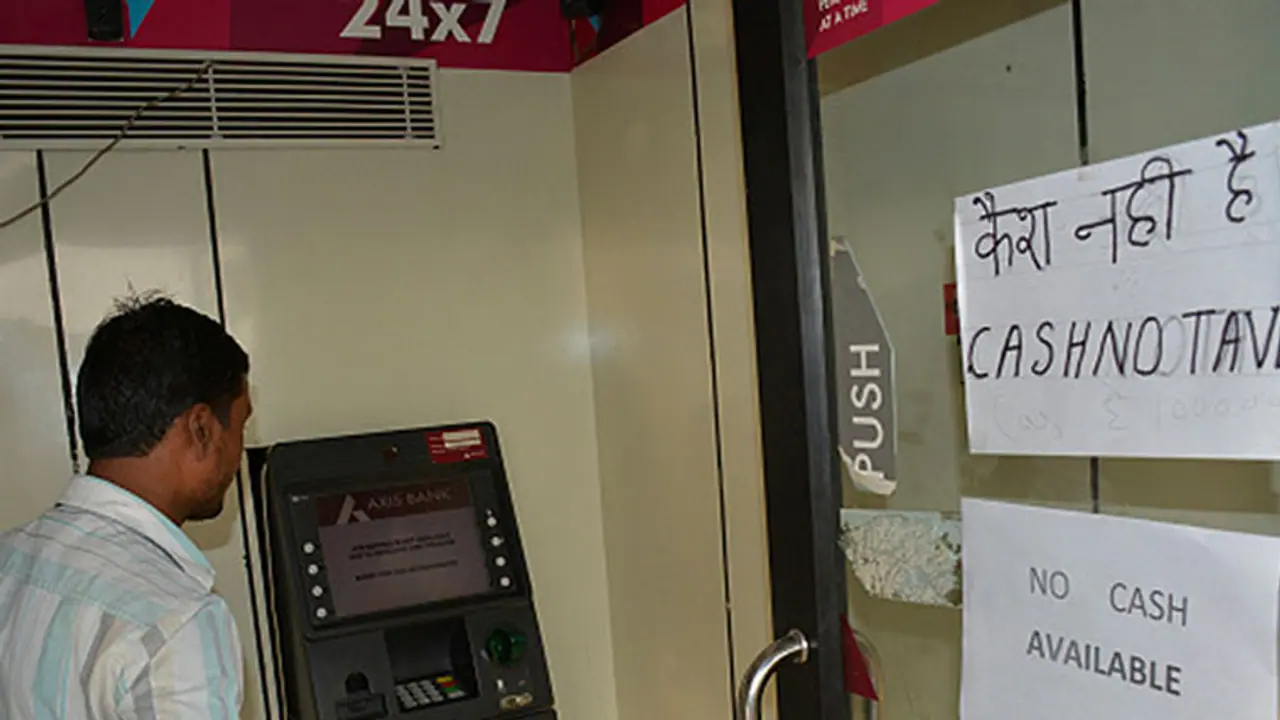Section 13 A of the Income Tax Act allows political party donations below ₹20,000 be exempted from tax Public will now have to worry about the deposit of ₹2.5 lakh or more made in between November 9 and December 30
What should have been done to set an example rather was to have the income they receive under ₹ 20,000 also brought under the scanner.

According to the Section 13 A of the Income Tax Act any income of a political party which is chargeable under the heads “Income from house property” or “Income from other sources” or “Capital gains” or any income by way of voluntary contributions received by a political party from any person shall not be included in the total income of the previous year of such political party.
This exemption is subject to certain provisions like the political party has to maintain books of account and other documents stating the source of the income. Secondly, if the voluntary contribution is above ₹20,000 then the political party has to maintain a record of such contribution and the name and address of the person who has made such contribution; and thirdly, these accounts have to be audited by an accountant.
So says the law but in times of demonetisation this leeway to political parties seems a lot biased. The double standards of the government in tackling the black money mountain is right here for all to see, they are choosing to go kill the goats grazing at the foothills of the mountain while the beasts on the top of the range roam free.
Read: Demonetisation: What about the black money in BJP's backyard?
Revenue Secretary Hasmukh Adhia said the government is not tinkering with the tax exemption available to political parties and they are free to deposit old 500 and 1000 rupee notes in their bank accounts. "If it is a deposit in the account of a political party, they are exempt. But if it is deposited in individual's account then that information will come into our radar. If the individual is putting money in his own account, then we will get information," he told PTI.
While the rest of the country gets no exemption whatsoever, why are political parties been given this benefit. Haven’t the recent IT raids proved political involvement in the hoarding of black money?
Read: Demonetisation: No cash for India as new notes land in corrupt custody
Siphoning off funds in the name of party money and now passing of black money and tax evasion will become easy for vested interests. People with well-placed friends in political parties can always get their money converted and an amount of ₹20,000 is too minuscule for anyone to notice. These amounts are anyway registered as unknown because it is not mandatory for them to mention source or a name here.
Like the black money hoarders have already got their hands on piles of new currency even before banks have it and even before the people have it, similarly politicians know of the various ways they can escape IT detection both post and pre-demonetisation. Simply by backdating records or tampering with it, this money can be passed off as white.
What should have been done to set an example rather was to have the income they receive under ₹20,000 also brought under the scanner. At least then the public will not feel like fools for having been cut off from using their money and fearing when the taxman’s axe will fall on their heads for saving money more than ₹2.5 lakh in their accounts within these few months.
Also read: IT raids: ₹2 lakh in your bank account, you need to worry!
